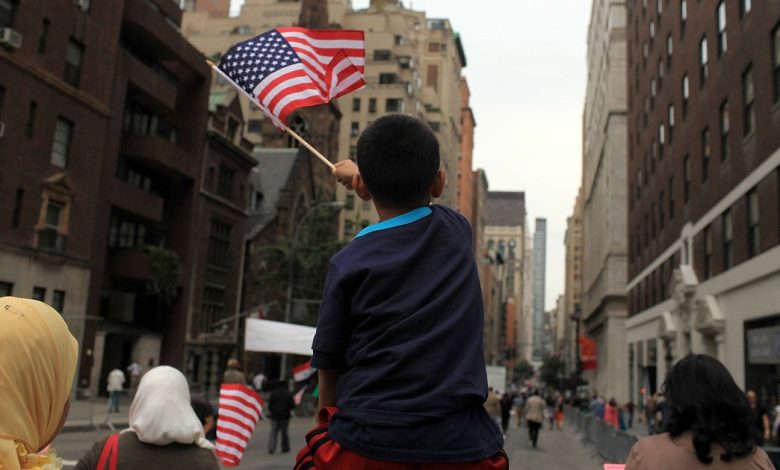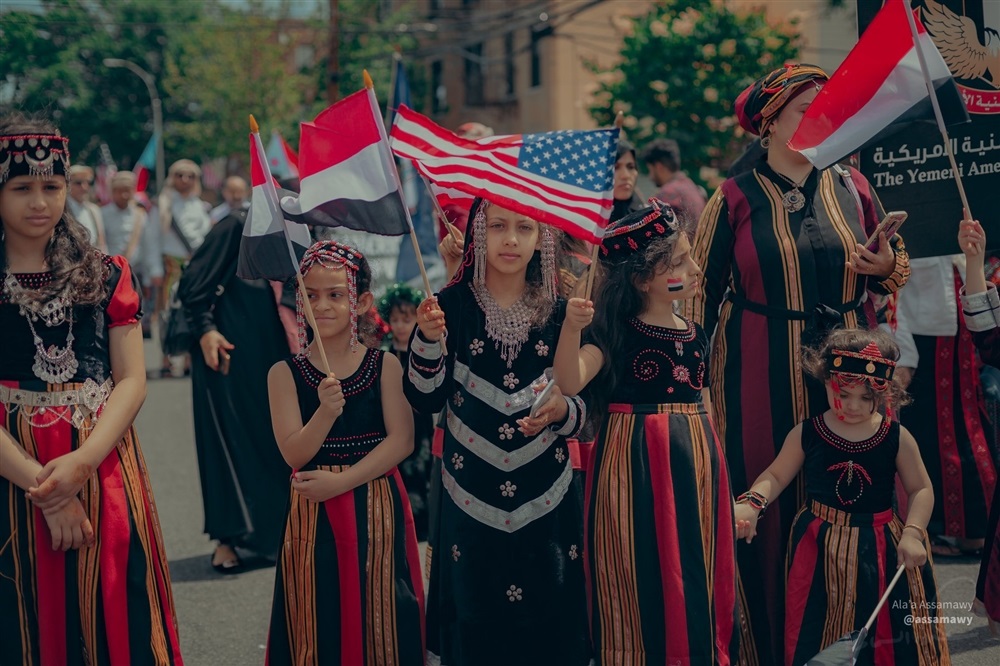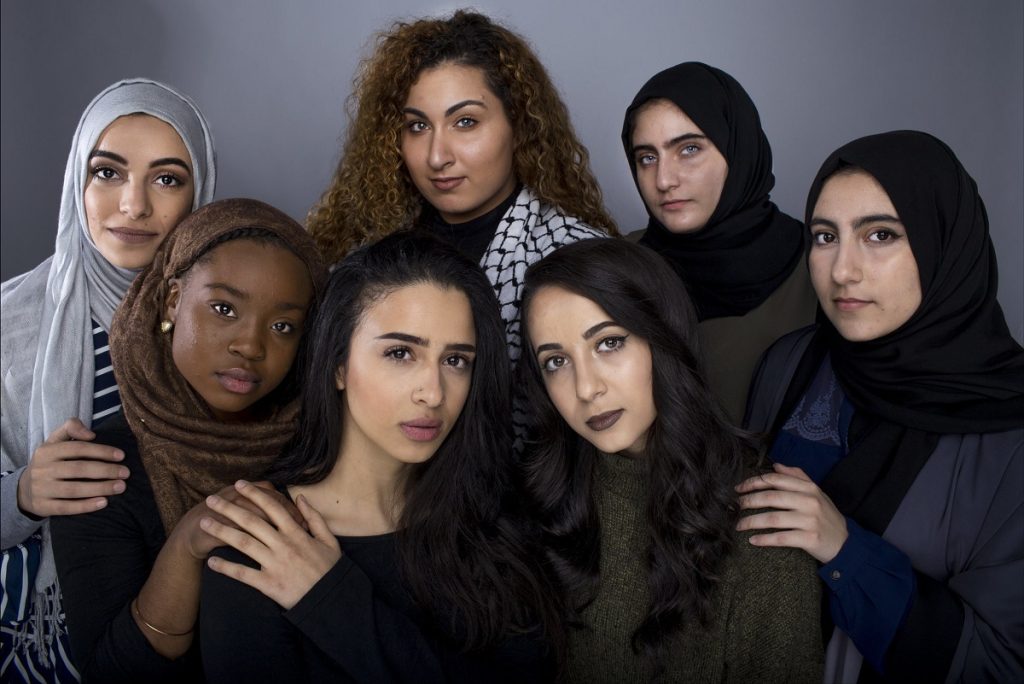Arab Detroit: America’s Largest and Oldest Arab Community Thriving in Michigan
From Dearborn’s bustling streets to Detroit’s cultural heart, the Arab-American community has built a vibrant and influential home for over a century.

Among all American cities, Greater Detroit, Michigan stands out as one of the largest and oldest Arab communities in the United States. It is not just a diaspora—it’s a living, breathing community deeply rooted for over a century.
Location & Influence
The Arab-American presence spans cities such as Detroit, Dearborn, Warren, Sterling Heights, and Ann Arbor. Dearborn, often called the “Capital of Arabs in the United States,” is the most prominent hub, drawing visitors and new immigrants alike.
Population & Origins
More than 300,000 Arabs live in the Greater Detroit area, tracing their roots to Lebanon, Yemen, Iraq, Palestine, Syria, Jordan, Egypt, Morocco, and Sudan. The Yemeni and Lebanese communities are among the largest and most influential in terms of culture and civic life.

Strong Institutions
Mosques, Islamic schools, and cultural centers are spread widely across the region. The area also boasts Arab media outlets, radio stations, newspapers, restaurants, and markets that recreate the atmosphere of the homeland.
Political & Economic Integration
Arab Detroit is politically active, with many community members elected to government positions. The community advocates strongly for civil rights, education, and charitable causes both within the U.S. and abroad.
Cuisine & Culture
In Dearborn and Detroit, you’ll find some of the best Middle Eastern restaurants in the country—serving everything from za’atar manakish to kabsa, mandi, falafel, and shawarma. Annual Arab festivals, Ramadan markets, and cultural events unite multiple generations.
Pros & Cons
Advantages:
-
A supportive environment for new immigrants.
-
Abundant job opportunities, especially in trade and services.
-
Wide availability of Arab goods and cuisine.
-
A politically and socially active community.

Challenges:
-
Infrastructure issues and higher crime rates in parts of Detroit.
-
Economic challenges due to industrial decline.
-
Overcrowding in some Arab neighborhoods leading to traffic and service strain.
-
Cultural and language barriers that can hinder full integration.
Dearborn is home to the largest mosque in the United States by area—the Islamic Center of America—offering both spiritual guidance and vital community services.



